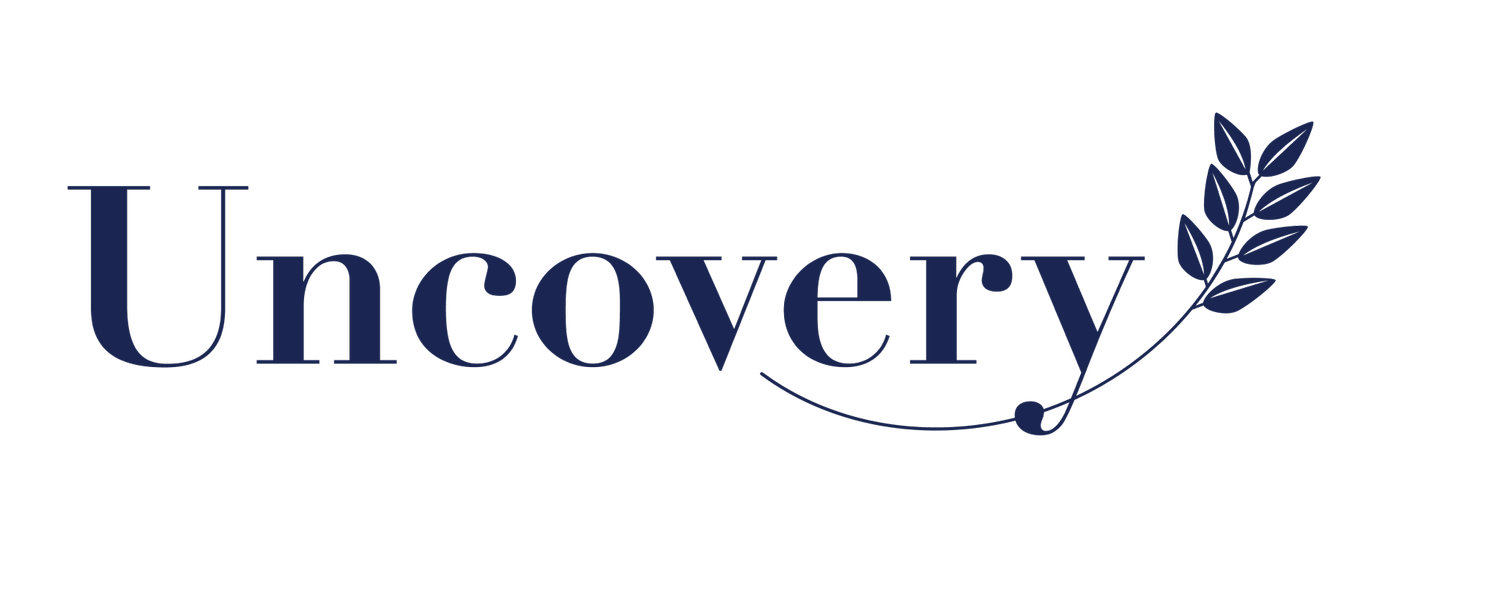
Frequently asked questions
View some of our most frequently asked questions below. You can also explore specific FAQs for each of our services on the relevant service page. If you still can’t find what you’re looking for, don’t hesitate to get in touch with our friendly team.
-
No, you don’t need to have a diagnosed ED to work with a coach. We work with anyone who wants to have a better relationship with food and their body.
-
Short answer is yes. As we are not providing treatment for your eating disorder, but rather helping you to implement treatment goals, it is important that you have other treatment team members supporting you (at minimum a dietitian or psychologist).
If you don’t have a treatment team, or you’re just at the beginning stages of recovery, don’t let this stop you from reaching out to us. We have a network of brilliant health professionals we can connect you with. Check out our collaboration partners page. -
Unfortunately not. ED recovery coaching isn’t covered under Medicare or MHCP or private health. We hope this will change one day!
-
We’re not a registered NDIS provider. However, we do work with NDIS participants who are either self-managed or plan-managed. If your plan allows for it, our services may be covered through your NDIS funding.
-
Head to our approach page for our table on the differences between coaches and psychologists.
-
At Uncovery, we believe full recovery is possible. We subscribe to the definition by Carolyn Costin in The 8 keys to recovery from an eating disorder philosophy:
"Being Recovered is when a person can accept his or her natural body size and shape and no longer has a self-destructive relationship with food or exercise. When you are recovered, food and weight take a proper perspective in your life, and what you weigh is not more important than who you are; in fact, actual numbers are of little or no importance at all. When recovered, you will not compromise your health or betray your soul to look a certain way, wear a certain size, or reach a certain number on a scale. When you are recovered, you do not use eating disorder behaviours to deal with, distract from, or cope with other problems."
-
Everyone is different. Many factors come into play here, such as how long you have had an ED, how much support you have around you, your readiness to recover, and willingness to face the discomfort of changing behaviours. Our goal is to help you work towards a place of full freedom, but how long this can take varies from person to person.

